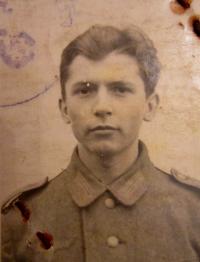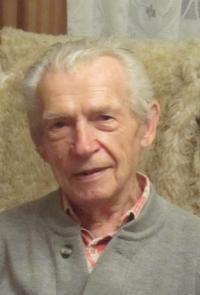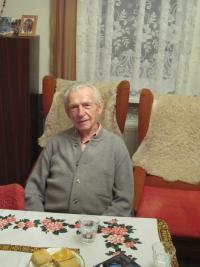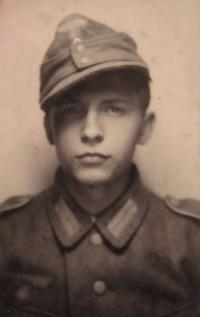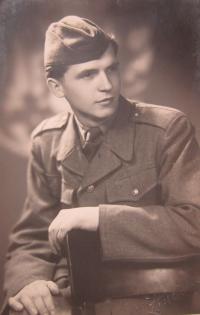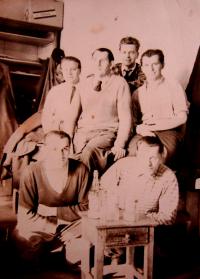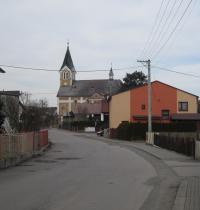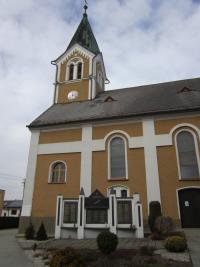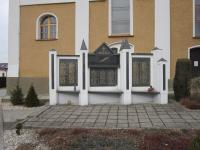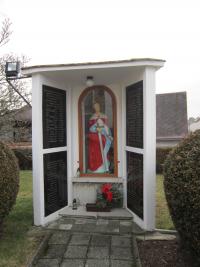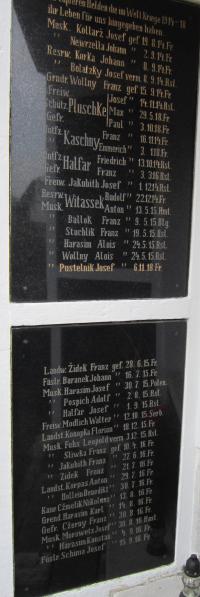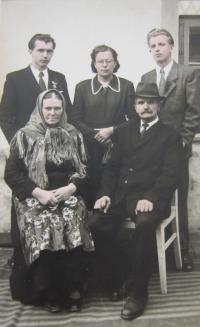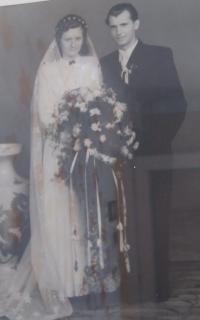We did not enjoy our teen years, we experienced a lot of fear instead

Download image
Adolf Kůrka was born on December 17, 1926 in Štěpánkovice (Schepankowitz in German) in the Hlučín region. Just like most of the locals, in terms of their ethnicity the family considered themselves to be part of the Moravian (Moravec) ethnic group. While the occupied borderlands became part of the Sudetenland (Sudetengau) after the Munich agreement, the Hlučín region was incorporated directly into the Third Reich as part of the Prussian Silesia. Its inhabitants thus automatically became citizens of the Reich, which involved military conscription and joining the German army once a person reached adulthood. Adolf’s brother Emil joined first: he was drafted directly from the seminary in Vidnava where he studied for priesthood. In summer 1941 he died in Ukraine during the campaign in the Soviet Union. Adolf Kůrka became a German soldier on the day of his seventeenth birthday. He served in western France for several months near the city La Rochelle, and after the Allied invasion he was involved in combat during the retreat as a member of the 16th infantry division (16th Volks-Grenadier-Division). During this time he witnessed the death of several of his friends. Adolf himself was wounded by shrapnel near the Vosges Mountains and he spent several weeks in a military hospital before he recovered. He was subsequently transferred to the 17th infantry division (17th Infanterie-Division), in which he experienced heavy combat in the territory of present-day Poland. He also took part in the covert operation which was to take over the chemical factory in Dyhernfurt (now Brzeg Dolný), where the chemical weapon of mass destruction called Tabun was being made. He spent the end of the war in northeastern Bohemia, where he was captured by Soviet soldiers on May 13, 1945. He spent several months in the prisoner-of-war camp in Sagan (present-day Polish town Żagań) before he was able to return home in September 1945. In October 1948 he was drafted to the Czechoslovak army. He spent the following twenty months mining coal in Dolní Suchá as a member of mining brigades. He now lives with his wife Anna in his native house in Štěpánkovice.
